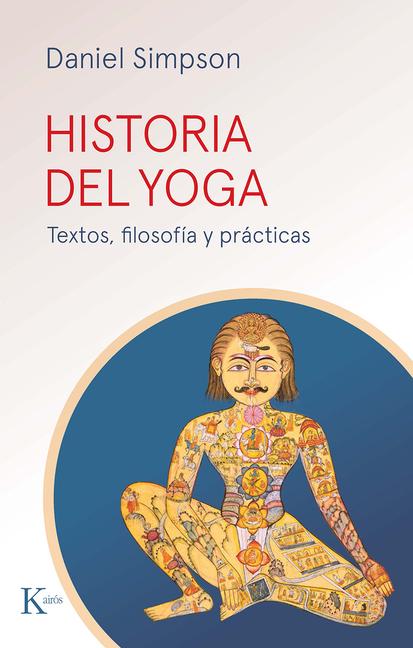
Zustellung: Mi, 26.03. - Sa, 29.03.25
Noch nicht erschienen
VersandkostenfreiGran parte de lo que se dice sobre el yoga es engañoso. Tomemos dos ejemplos: no tiene cinco mil años de antigüedad, como comúnmente se afirma, ni significa exclusivamente «unión'. En el que es quizá el texto más famoso, los Yoga Sutras de Patañjali, el objetivo es la separación, aislar la conciencia de todo lo demás. Y la evidencia más temprana de la práctica se remonta a unos dos mil quinientos años. Los estudiosos hoy conocen mucho más sobre la historia del yoga, pero su investigación puede ser difícil de consultar y suele estar dirigida más a especialistas que a lectores generales. Historia del yoga ofrece una visión panorámica de la evolución del yoga desde sus orígenes más antiguos hasta el presente, de forma asequible a todo tipo de lectores. Se puede leer de manera cronológica o utilizarse como guía de referencia para la historia y la filosofía. Cada sección breve aborda un elemento, citando textos tradicionales y poniendo sus enseñanzas en contexto. La intención es mantener las cosas claras sin simplificar en exceso. <p/>Much of what is said about yoga is misleading. Let us take two examples: it is not five thousand years old, as is commonly claimed, nor does it mean exclusively "union." In what is perhaps the most famous text, the Yoga Sutras of Patañjali, the goal is separation, to isolate consciousness from everything else. And the earliest evidence of the practice dates back about 2,500 years. Scholars today know much more about the history of yoga, but their research can be difficult to consult and is often aimed more at specialists than general readers. History of Yoga offers a panoramic view of the evolution of yoga from its earliest origins to the present, in a way that is accessible to all types of readers. It can be read chronologically or used as a reference guide for history and philosophy. Each short section addresses an element, quoting traditional texts and putting their teachings in context. The intention is to keep things clear without oversimplifying.
Mehr aus dieser Reihe
Produktdetails
Erscheinungsdatum
12. März 2025
Sprache
spanisch
Seitenanzahl
312
Reihe
Sabiduría perenne
Autor/Autorin
Daniel Simpson
Verlag/Hersteller
Produktart
kartoniert
ISBN
9788411212427
Entdecken Sie mehr
Bewertungen
0 Bewertungen
Es wurden noch keine Bewertungen abgegeben. Schreiben Sie die erste Bewertung zu "Historia del Yoga" und helfen Sie damit anderen bei der Kaufentscheidung.





























